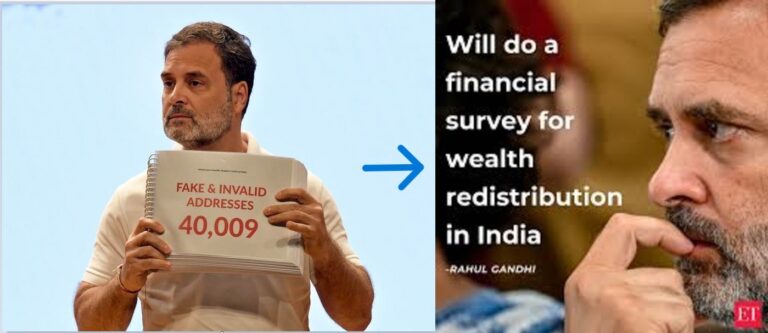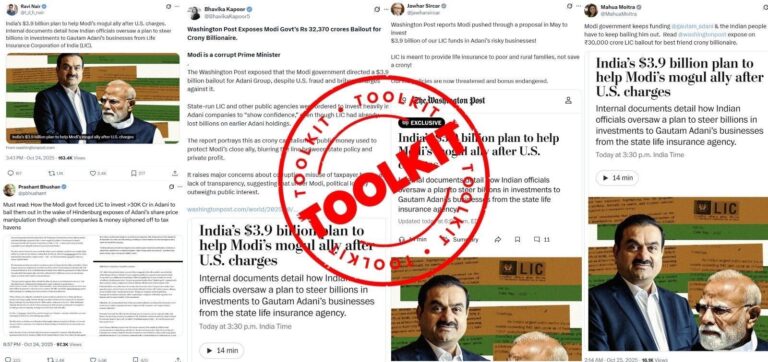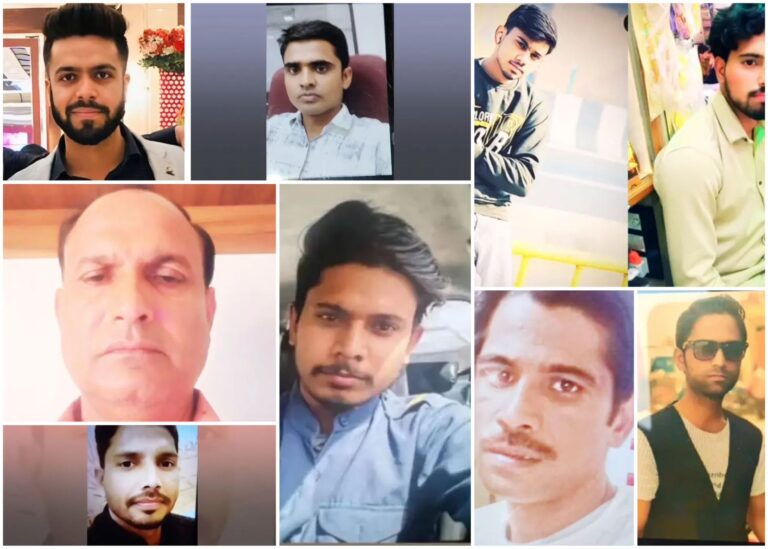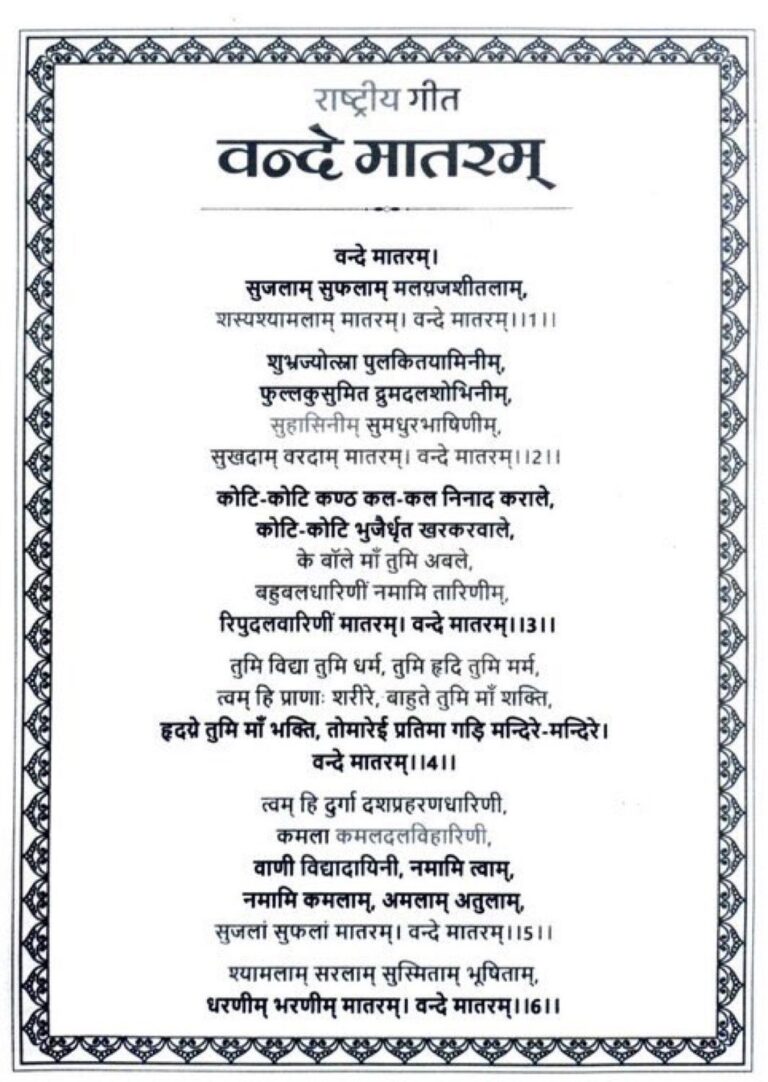
In his recent article “History as Battlefield — the perils of reversing the past,” K. Kannan paints all historical revision as dangerous, divisive, and rooted in vengeance. While he’s right to caution against using history to fan communal flames, his sweeping generalization misses the more urgent truth: for decades, India has been fed a distorted version of its own past, often glorifying invaders and whitewashing the trauma inflicted upon millions.
.

Let’s be blunt — the Mughals were not benevolent builders or cultural icons alone. They were conquerors who came to loot, plunder, and rule. Rulers like Aurangzeb enforced brutal religious persecution, destroyed temples, imposed jizya on Hindus, and waged war against Indian traditions and sovereignty. To portray them as misunderstood monarchs or secular kings is not academic nuance — it’s deliberate erasure.
.
History Ignored is History Repeated
Kannan warns against the dangers of reliving history to “correct” it. But not correcting historical lies is how we got here in the first place. Had the leaders at the time of Partition paid heed to the historical reality of centuries-long Islamic rule and religious persecution, there could have been a clean and fair division — an Islamic Republic of Pakistan and a Hindu Rashtra, ensuring safety and cultural continuity for both communities. Instead, India remained partitioned in territory, but not in ideology, leading to continued communal tensions, appeasement politics, and violence.
.
It wasn’t historical memory that led to Partition — it was selective amnesia. And this amnesia continues to haunt India.
.
A Generation Misled by Distortion
Had real history been taught at the right time, we wouldn’t be seeing today’s politicians like Abu Azmi or Asaduddin Owaisi singing praises of Aurangzeb — a tyrant who jailed his father, executed his brother, imposed religious taxes, and destroyed hundreds of temples. That such individuals feel emboldened to celebrate Aurangzeb in 21st-century India is not just a sign of ideological decay, it’s a direct result of whitewashed textbooks, agenda-driven academia, and decades of narrative management that refused to call out historical barbarism for what it was.
.
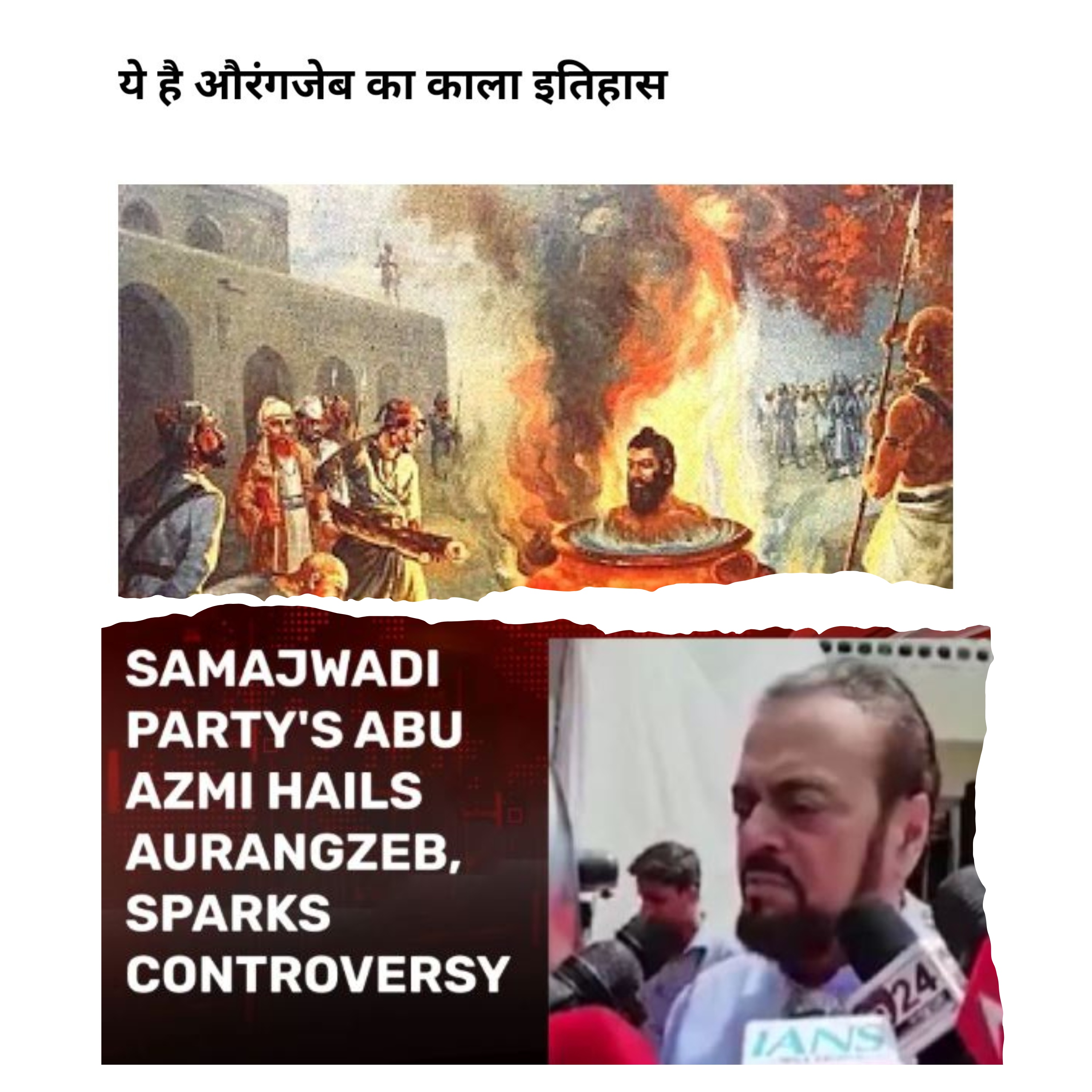
.
.
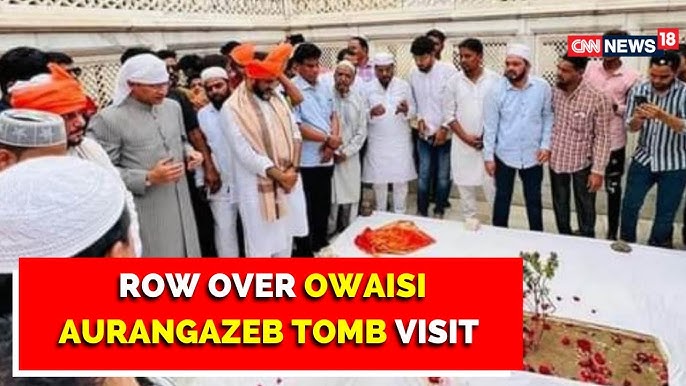
.
.
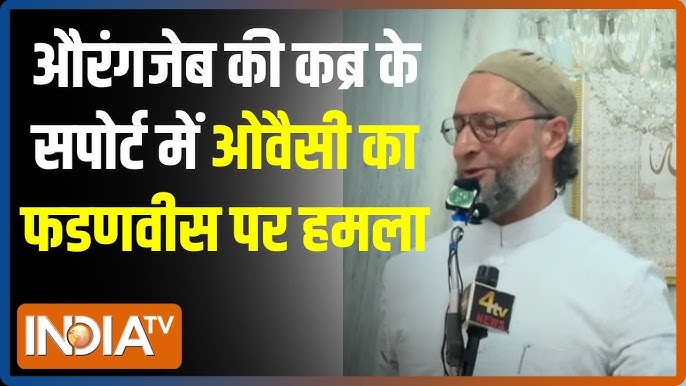
.
The Nationalist Government and the Fight for Historical Justice
Today, under a nationalist government, we are finally witnessing an effort to unearth buried truths, correct falsehoods, and highlight suppressed voices. Whether it’s questioning the glorification of foreign invaders or giving space to unsung freedom fighters and native dynasties, this is not “revisionism” — it is historical justice. And unsurprisingly, this effort is being met with cries of “ideological weaponization,” primarily from those who’ve long benefited from the old, broken narrative.
Kannan’s call to treat history only as a teacher, not a battlefield, is fair in theory. But what teacher hides half the lesson? What student learns without being told the whole truth? The past can only teach us if it is first honestly told. The real peril lies not in revisiting history, but in silencing it — in fearing that exposing the horrors of the past may hurt today’s “secular” narratives.
Truth Over Narrative
The goal isn’t vengeance. The goal is clarity. True reconciliation, if ever possible, can only begin when truth is accepted without hesitation. That means acknowledging the cruelty of rulers like Aurangzeb, the systemic oppression under foreign rule, and the historical roots of modern communal faultlines.
Suppressing history is not humility — it’s intellectual cowardice. And for once, India is choosing courage.
Author: Rishi Kalia is a seasoned entrepreneur, Digital media Strategist and political analyst with 23 years of diverse experience in business and public discourse. Tweets at Rishi Kalia

